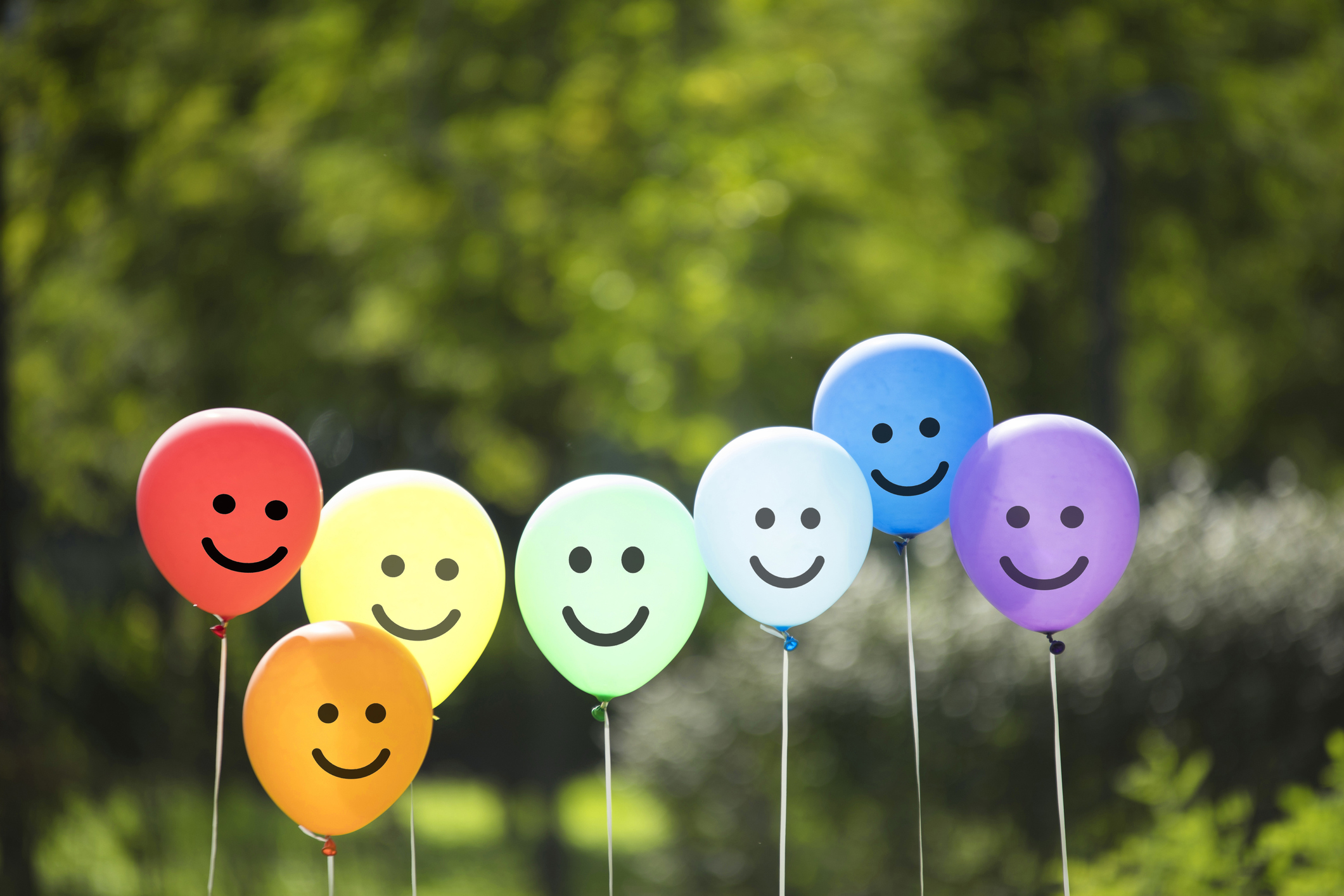You know you should eat less sugar. Put down that smartphone before bed. Eat more vegetables. Spend more time with friends.
Hold up on that last one. Yes, do all those other things too, for straight up physical health. But friends, well, they play a much bigger role in our lives–and our success.
Are yours fading or are too far and few between? If so, years may be fading from your life, not to mention the dampening of your happiness and success.
Research shows those with robust, diverse social relationships have been proven to live longer, are just plain happier, and are more successful. Entrepreneurs especially benefit because, news flash here, being an entrepreneur is h-a-r-d. And, as the song says, we all need somebody to lean on.
But we’re a brutal species. The Atlantic compiled research showing we start with a social network between 250 to 5,500 people. We cut that down quickly to an average of 121 people in our friend zone.
And what about true friends, our inner circle? On average, two.
It doesn’t get warmer or fuzzier with age. William Rawlins, professor of Interpersonal Communication at Ohio University, says the biggest drop-off occurs right after people get married. You know the story. Multiple other priorities arise. Time and distance do what they do. Sadly.
As we age, Rawlins says, more friendships are “grafted on.” We gravitate to parents of our kid’s friends or conveniently connect with co-workers. In a time-strapped world, we’ll take what’s in front of us. As a result, our friend-making skills atrophy.
Now, after plowing through middle-age and landing in our golden years, we’ll reprioritize, reconnect, and reinvest in friendships. With more urgency too, as we start to feel the sun setting–a phenomenon known as “socioemotional selectivity theory”.
That’s a long span of time out on the frontier that would be far richer with close travelers to share a campfire and a tin cup of whiskey with. Here’s friendly advice–four ways to make and maintain more friendships:
1. Remember the friend job description.
Rawlins says there are three expectations of a close friend (edited for brevity): “Somebody to talk to, depend on, and enjoy. These expectations remain the same, even if the circumstances under which they’re accomplished change.”
Are you being all three to your buds? You don’t have to be perfect, just willing to show a pattern of effort. Your family might not be OK with you merely doing the best you can, but your friends will be.
I wish I could see my oldest friends more often. Time and distance are grabbing our happy-hour barstools now. Instead, I press myself and make the effort when the opportunity arises. I wish I’d press more, and I never regret when I do.
2. Follow the “Malcolm Gladwell Rule.”
Malcolm Gladwell says it takes 10,000 hours to get good at anything. Similarly, research shows investment is required to graduate someone from acquaintance to friend. Specifically, 50 hours of socializing will buy you medallion level (casual friend), 40 more hours gets you silver (true friend), and 200 hours jumps you to platinum status (a bestie).
So, if you want a broader inner circle, pick the lucky candidates and be intentional about the commitment and communication it takes. Easier said than done. Believe me, I know.
As extra incentive, consider this. Bronnie Ware, a one-time palliative nurse and author of The Top Five Regrets of the Dying, says the number four most common regret of the dying is: “I wish I’d stayed in touch with friends.”
3. Harvest the low-hanging fruit.
Lest the idea of No. 2 exhaust you, you can draw on the bank of hours you’ve already put in with long-lost friends. In my experience, once you get past the “Let’s catch up on 15 years” drill, you’re often back to things as if they never changed. Sure, people can change, their circumstances can change, but the dynamic of a specific friendship rarely does.
I recently reconnected with an old friend and we picked up right where we left off. He’s part of my social calendar again and there’s no judgment on either side for the missed time.
Here’s another quick burst option: acquaintances. Research shows that interacting more with even mere contacts or colleagues can have a substantial effect on well-being.
4. Open up to open up your social life.
Take a chance and trust someone you instinctively like early on. Be vulnerable, share more than you normally would. Studies indicate you’ll be more likable. I’ve cycled out people that make every conversation about them–which is ironic, because I’m far more interested in learning about someone else than I am sharing about myself.
Ah well, nobody said re-planting and harvesting the friend farm is easy. But the fruits are so worth it.
Originally published on Inc.
Follow us here and subscribe here for all the latest news on how you can keep Thriving.
Stay up to date or catch-up on all our podcasts with Arianna Huffington here.


